Health
-

6 keys to a long, healthy life (ice cream included)
Also, why reading Ben Franklin beats climbing Mount Everest
-

Six cancers rising faster in younger adults than older ones
Large new global study fuels growing concern over trend of increases in several types

-

What’s next for GLP-1s?
Scientists eye new treatment targets for popular weight-loss drugs, from heart failure to addiction
-

Pricey blockbuster GLP-1s are costing users — and most of the rest of us, too
Health insurers are passing along cost for coverage in form of higher rates across the board, policy researcher says
-

Drinking 2-3 cups of coffee a day tied to lower dementia risk
Caffeinated tea also found to slow cognitive decline in study

-

New AI tool predicts brain age, dementia risk, cancer survival
Unlike other AI models, BrainIAC needs limited data to ID key neurological health indicators

-
How did E-ZPass help expectant mothers who live near toll booths?
Anupam Jena and Christopher Worsham sift data to find hidden forces at work in healthcare in new book.
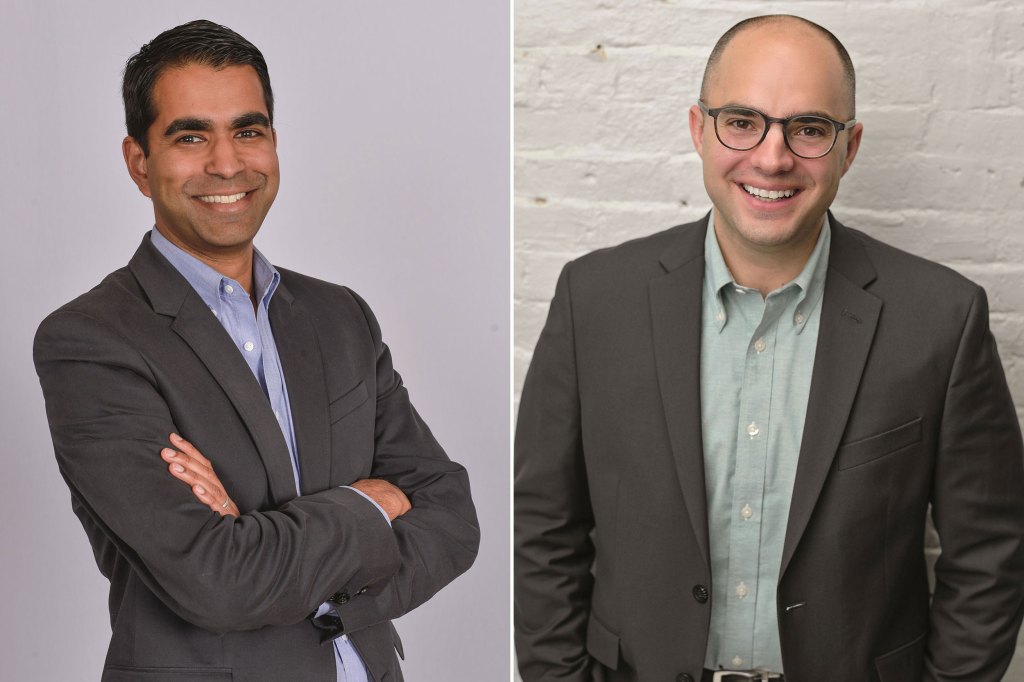
-
Are new weight-loss drugs the answer to America’s obesity problem?
Some doctors call them a godsend, particularly as part of wider treatment plan; others warn against halting research into root causes of obesity.
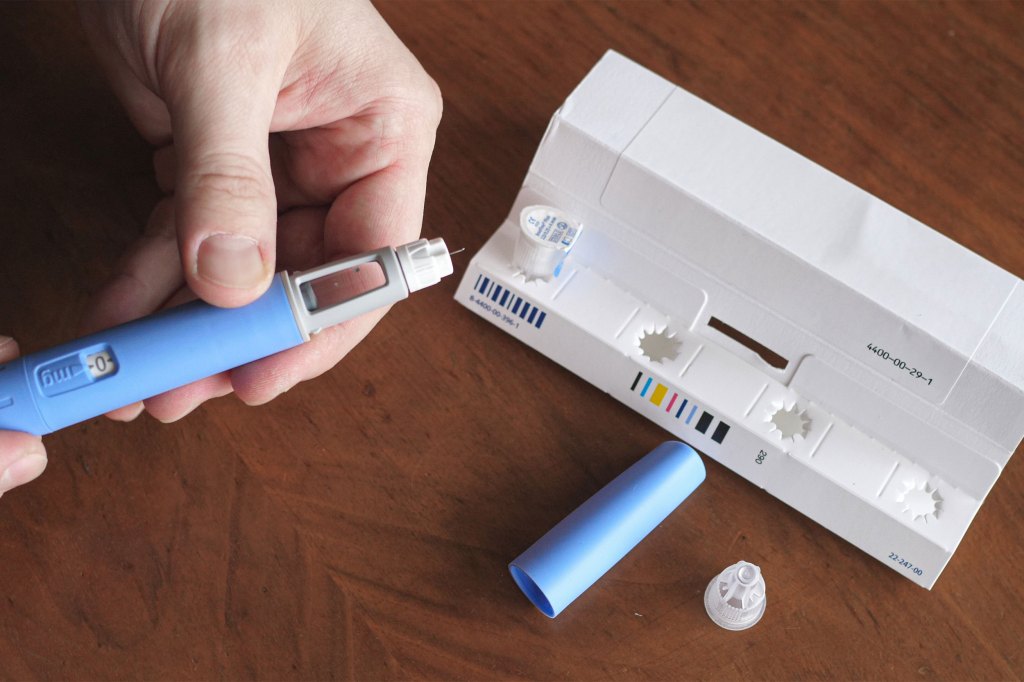
-
The social life of a dermatologist
It might be jarring when a friend, or complete stranger, pulls down their shirt while you’re trying to eat dinner. It’s also an opportunity.
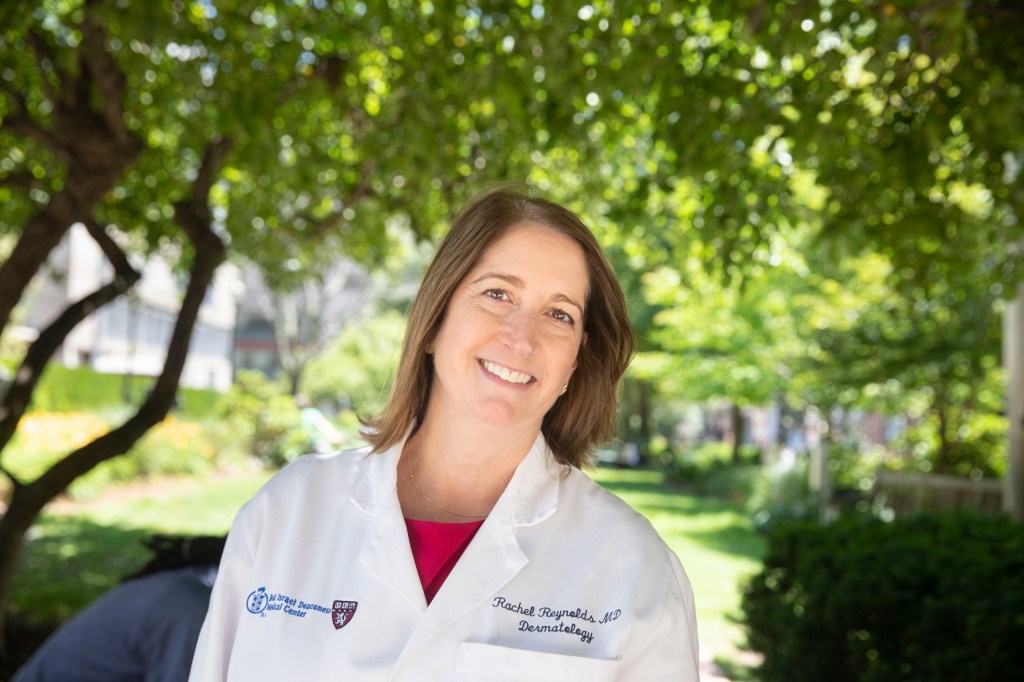
-
Seem like Lyme disease risk is getting worse? It is.
The risk of Lyme disease has increased due to climate change and warmer temperature. A rheumatologist offers advice on how to best avoid ticks while going outdoors.
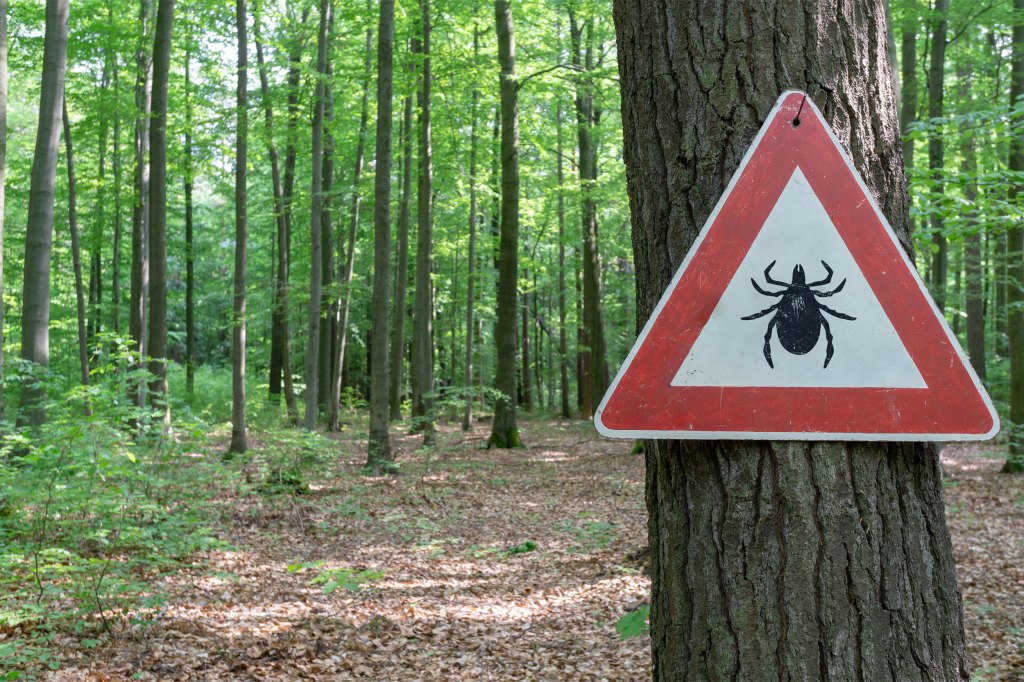
-
Another study links omega-3s and health
Alpha-linolenic acid — an omega-3 fatty acid found in many nuts, seeds, and oils — showed the strongest link to slowing the progression and premature death of people living with ALS.
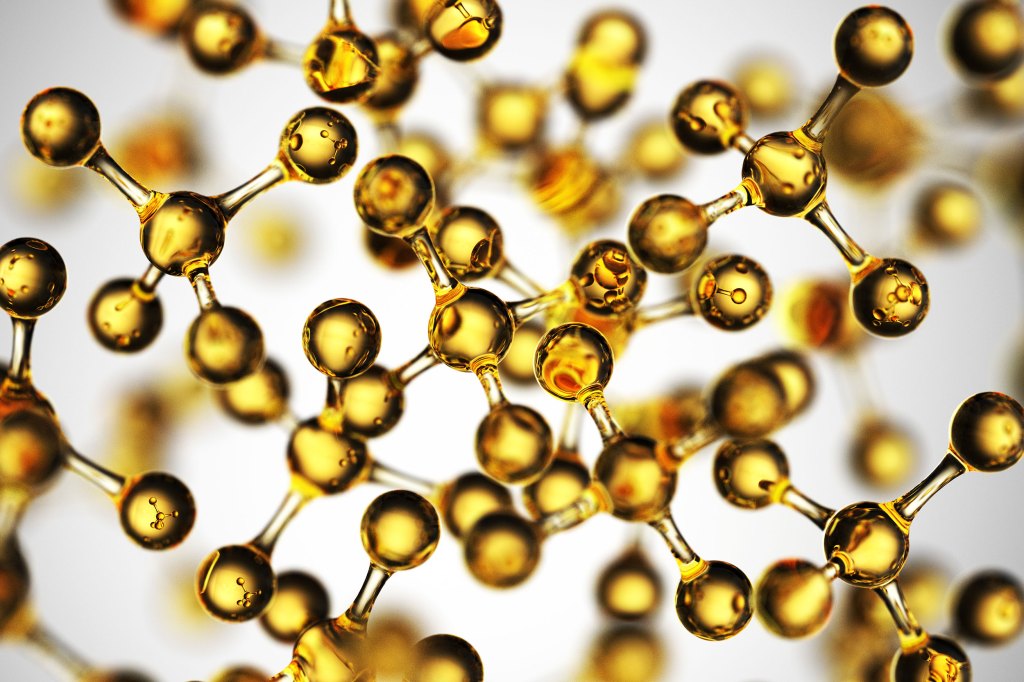
-
Feeling anxious? Stuck? Problem is psychological avoidance
In her new book, professor of psychiatry Luana Marques says that too many mistake symptoms for underlying problem

-
More evidence moderate drinking is good for your heart. Also: a reason.
A new study offers an explanation for why light to moderate alcohol consumption may be associated with lower risk of heart disease.

-
Your memory might benefit from a multivitamin
Can a simple multivitamin stave off age-related cognitive decline? A recent study says yes.

-
Birth control for cats?
A single dose of a naturally occurring hormone prevented ovulation and conception in female cats for at least two years.
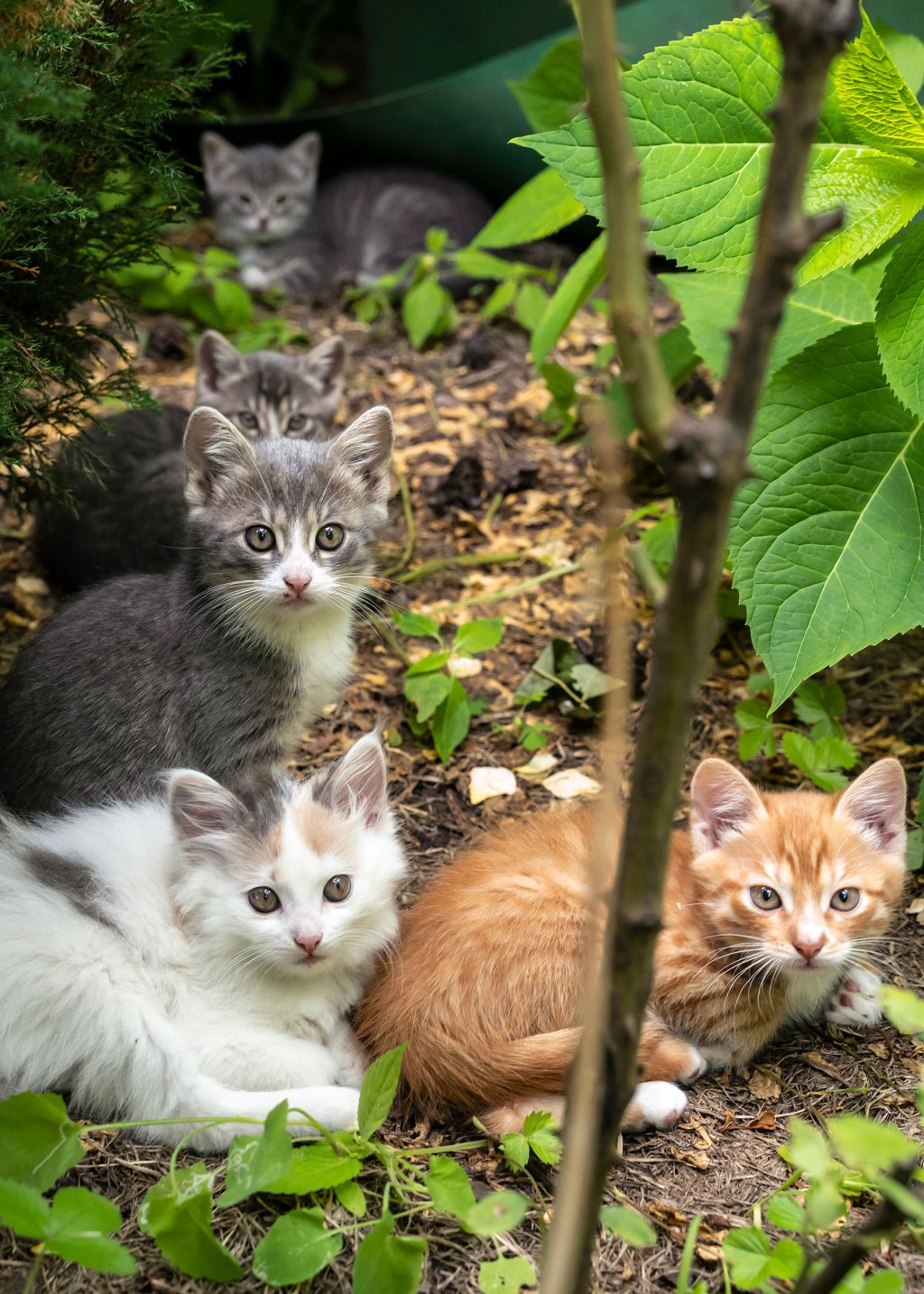
-
Start of new era for Alzheimer’s treatment
Neurologist explains why recent trial of the drug lecanemab may offer hope for those with deadly disease.
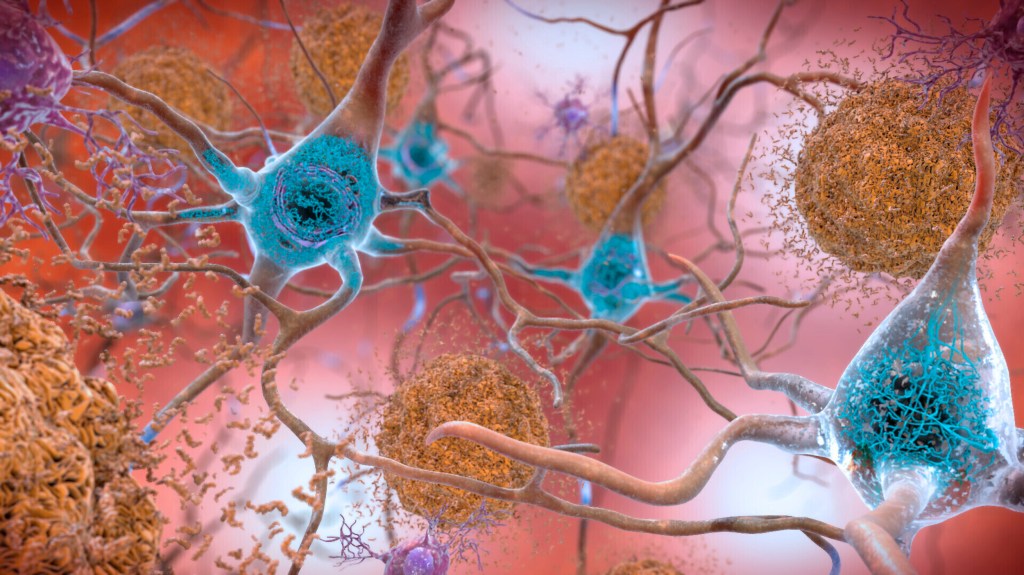
-
Ketamine found effective in treating severe depression
A new study finds ketamine as effective as electroconvulsive therapy (without its major side effects) for the treatment of nonpsychotic, treatment-resistant depression.
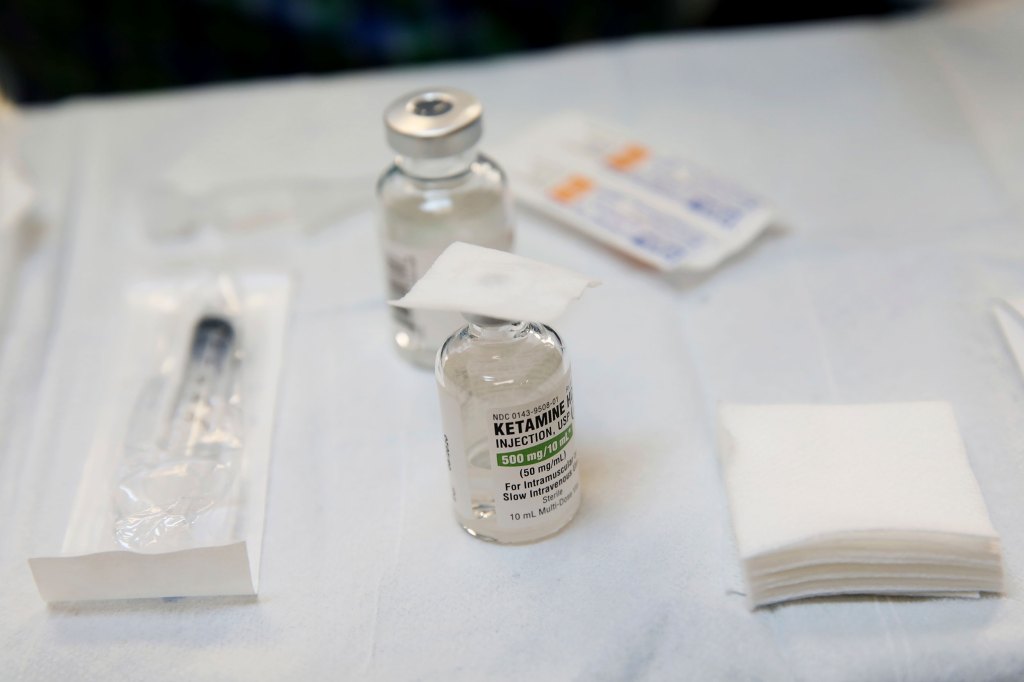
-
The brain on ketamine
It’s a powerful antidepressant, but science needs more answers on out-of-body experiences and other “dissociative effects,” says the first author Fangyun Tian.
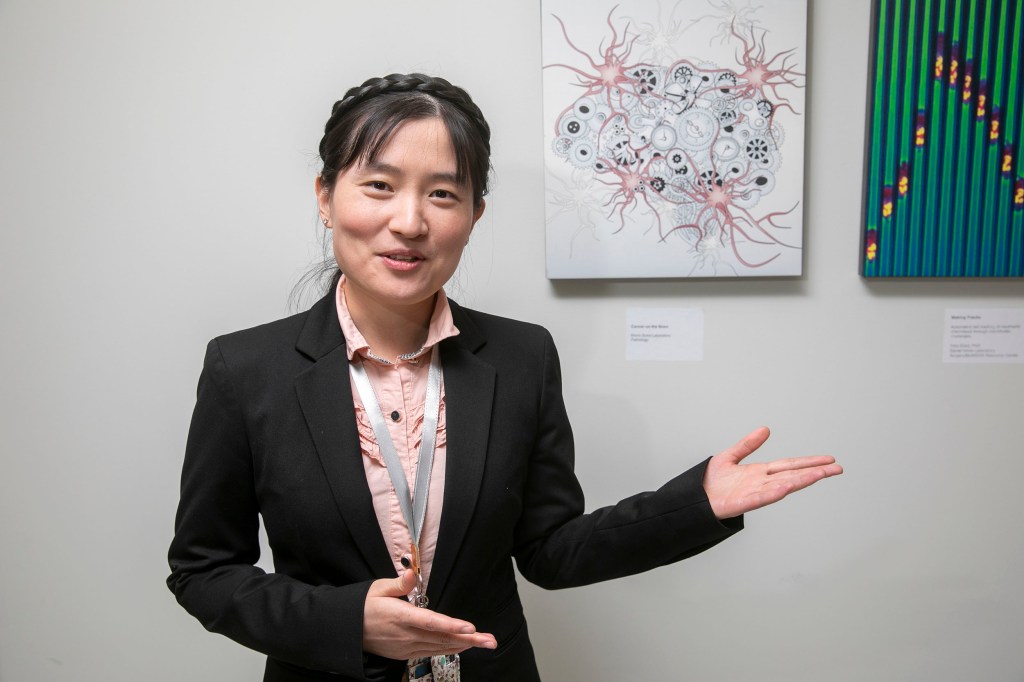
-
Estrogen a more powerful breast cancer culprit than we realized
A Harvard Medical School study shows the sex hormone estrogen — thus far thought to be only a fuel for breast cancer growth — can directly cause tumor-driving genomic rearrangements.
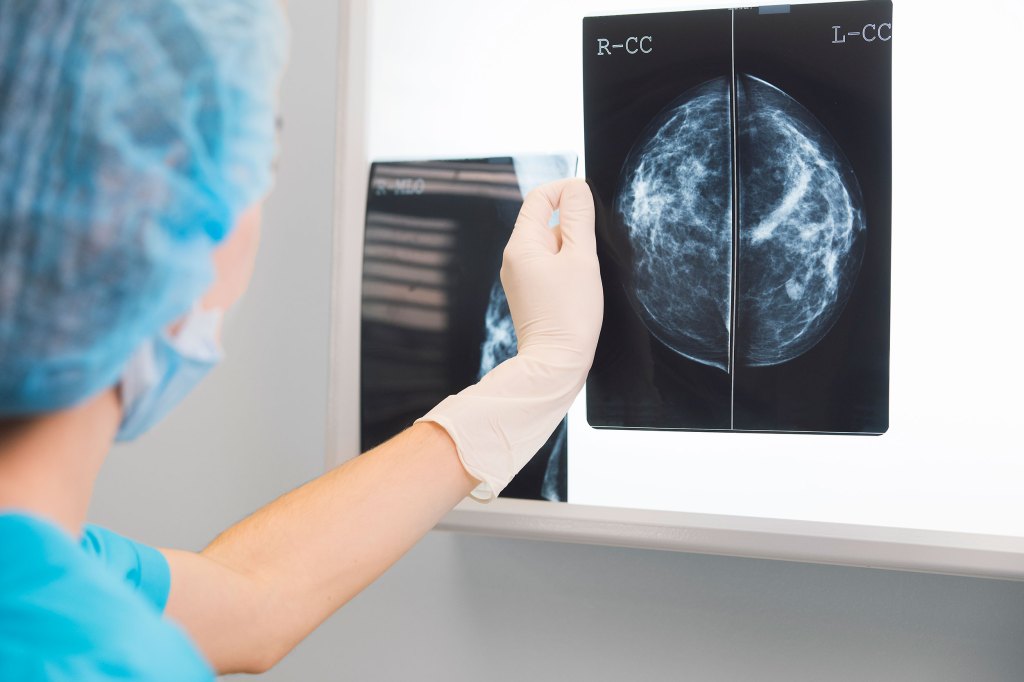
-
Newly identified genetic variant protects against Alzheimer’s
Researchers identified a first-of-its-kind patient with a genetic predisposition for early-onset Alzheimer’s disease who remained cognitively intact more than two decades beyond the expected age of memory impairment.
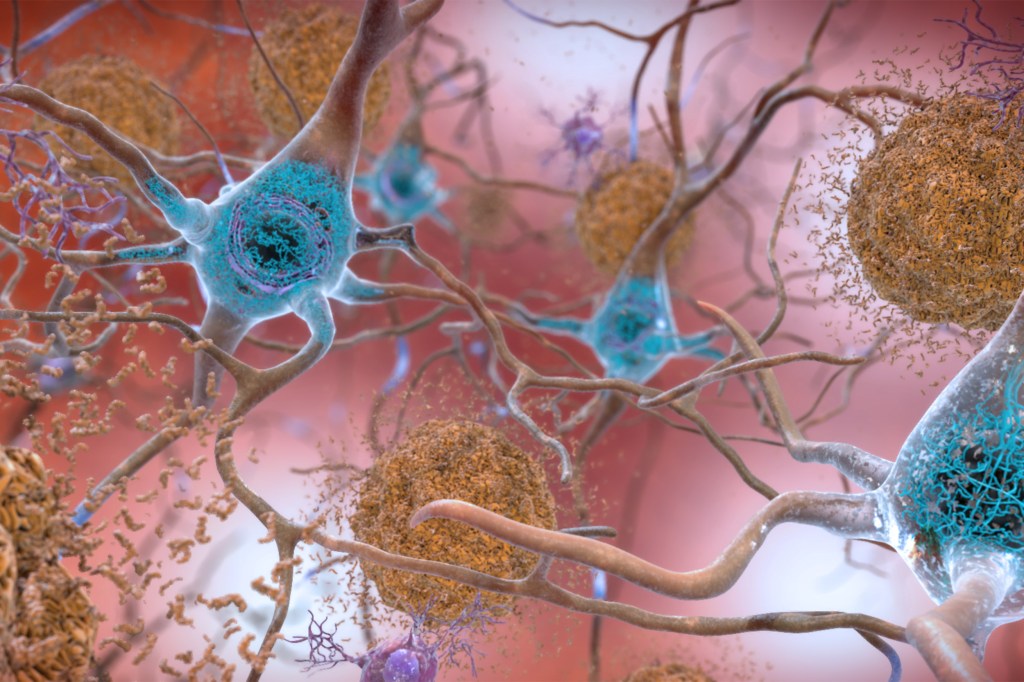
-
When to get first mammogram? Doctor explains latest advice.
Guidance shifts amid troubling breast cancer trends in young and Black women.
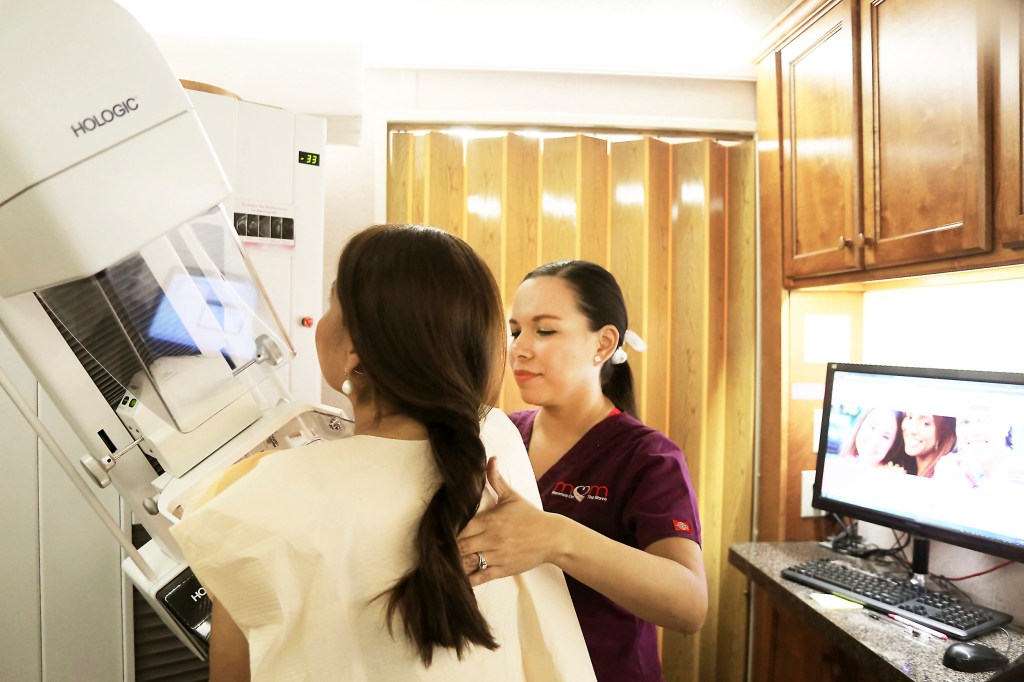
-
Deaths from alcohol-related liver disease soared during COVID
During the pandemic, American Indian and Alaska Native populations experienced nearly six times the mortality of white people from alcohol-associated liver disease.
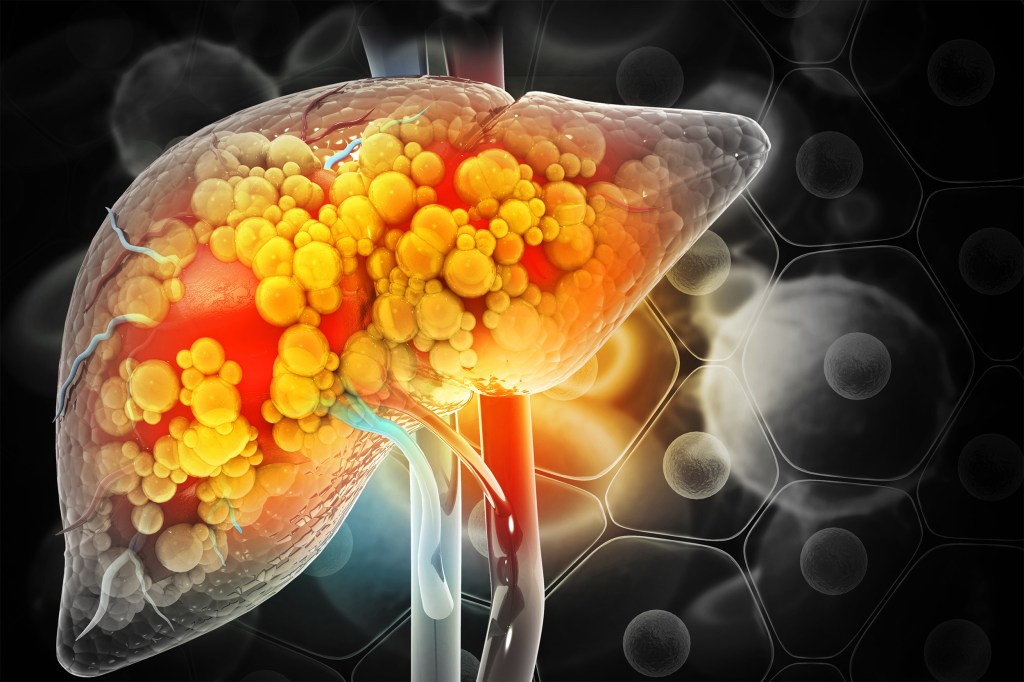
-
‘Happiness is not a destination … Happiness is the way’
Harvard Chan School of Public Health celebrates opening of $25 million Thich Nhat Hanh Center for research, approaches to mindfulness.

-
Expanding our understanding of gut feelings
Women who suppressed emotions had less diverse microbiomes in a study that also found a specific bacterial link to happiness.
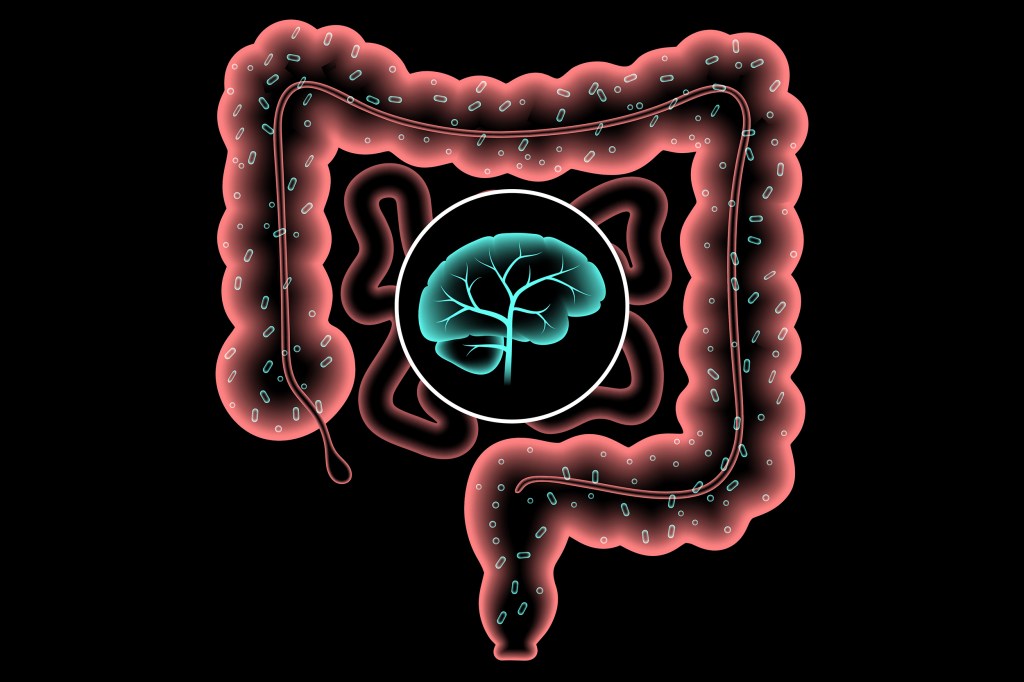
-
The promising weirdness of biological age
More than you might assume, say researchers who studied three triggers of severe physiological stress: pregnancy, COVID, and surgery.
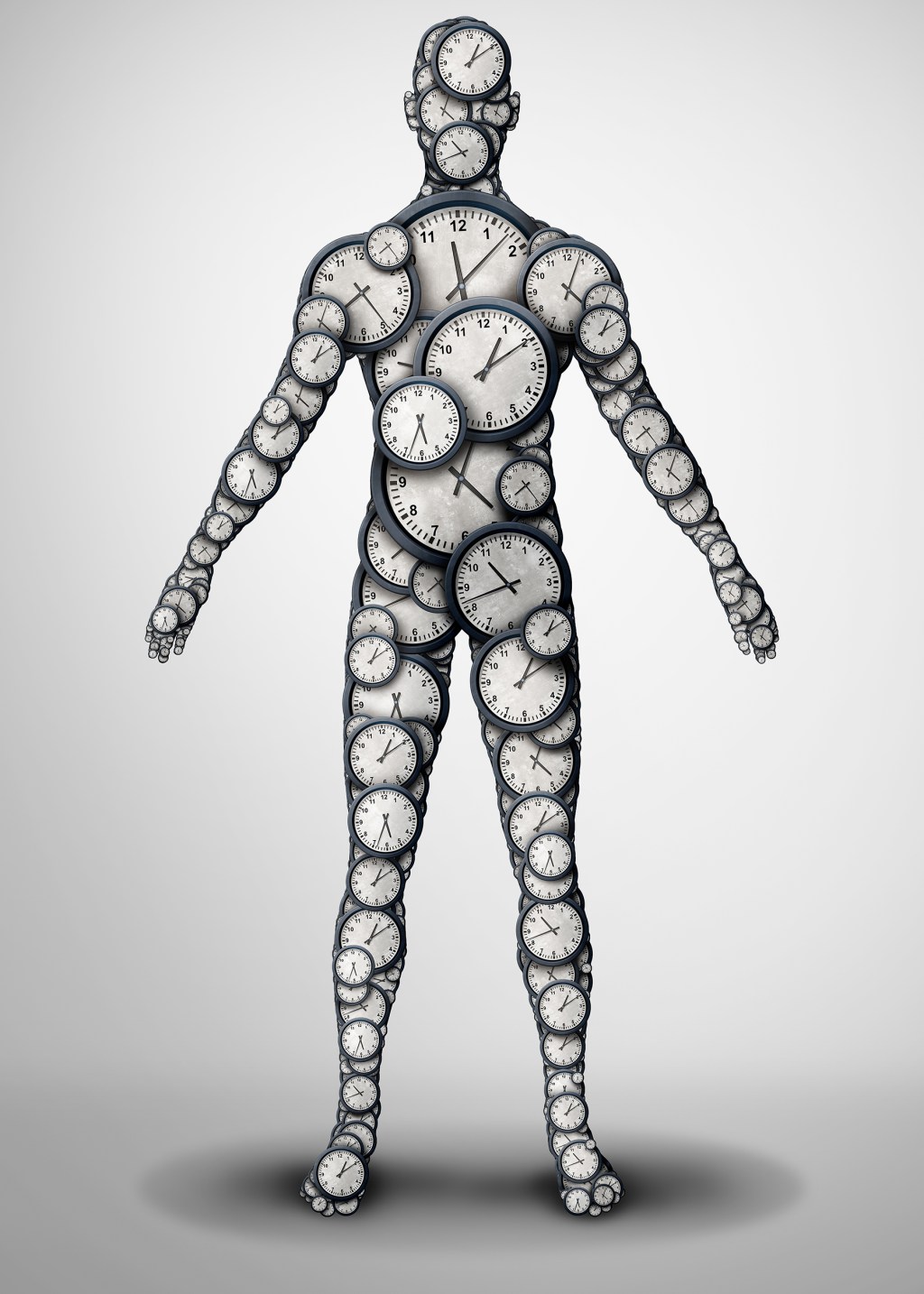
-
Bad for all, sugary drinks may raise early death risk for Type 2 diabetics
Large-scale study finds sugar-sweetened beverages linked with increased risk of cardiovascular disease and premature death for people with Type 2 diabetes.

-
Can ‘Law & Order: Special Victims Unit’ make difference in public policy, health?
Two physician-writers who’ve worked on series like “ER,” “SVU,” and “New Amsterdam” discuss medium’s power to educate.
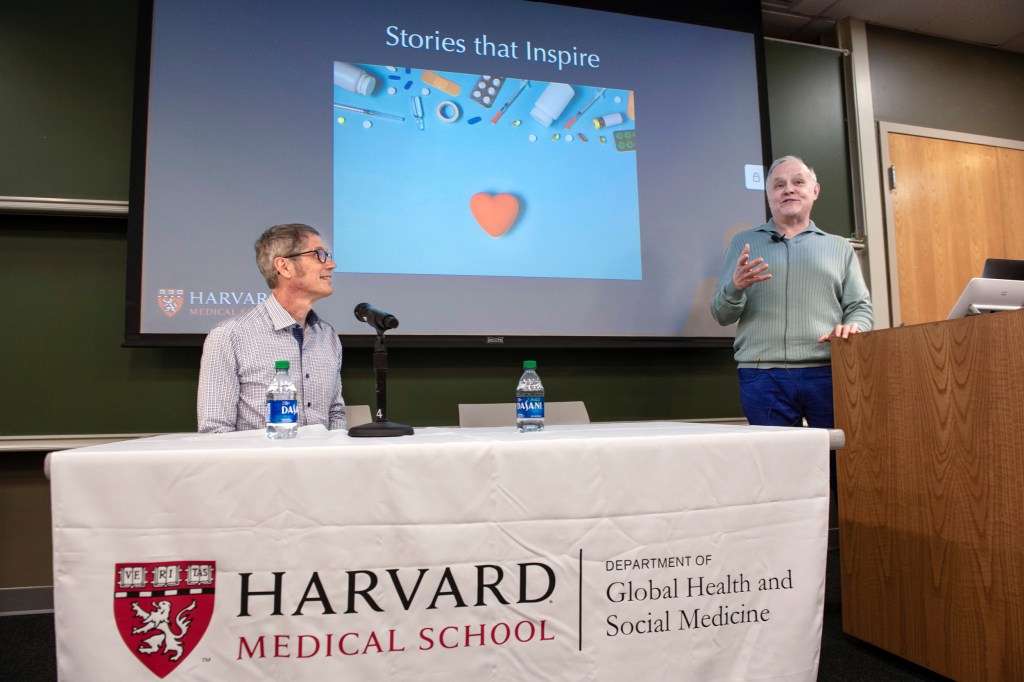
-
Who deserves a liver transplant?
With deaths from alcohol-related disease on rise, rules that deny patients life-saving care need revising, says researcher. How to ensure equity?
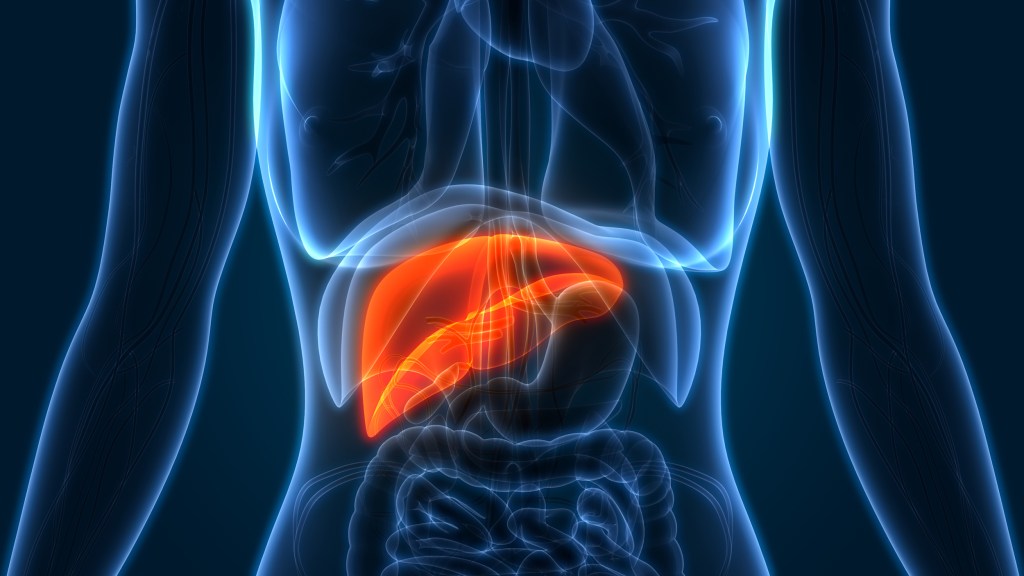
-
Take it from the experts, a pet can change your life
The health benefits of animal companions have been supported by science but not society, with the disadvantaged facing similar barriers to pet ownership as they do in securing proper healthcare, experts said at the Harvard T.H. Chan School of Public Health on Monday.
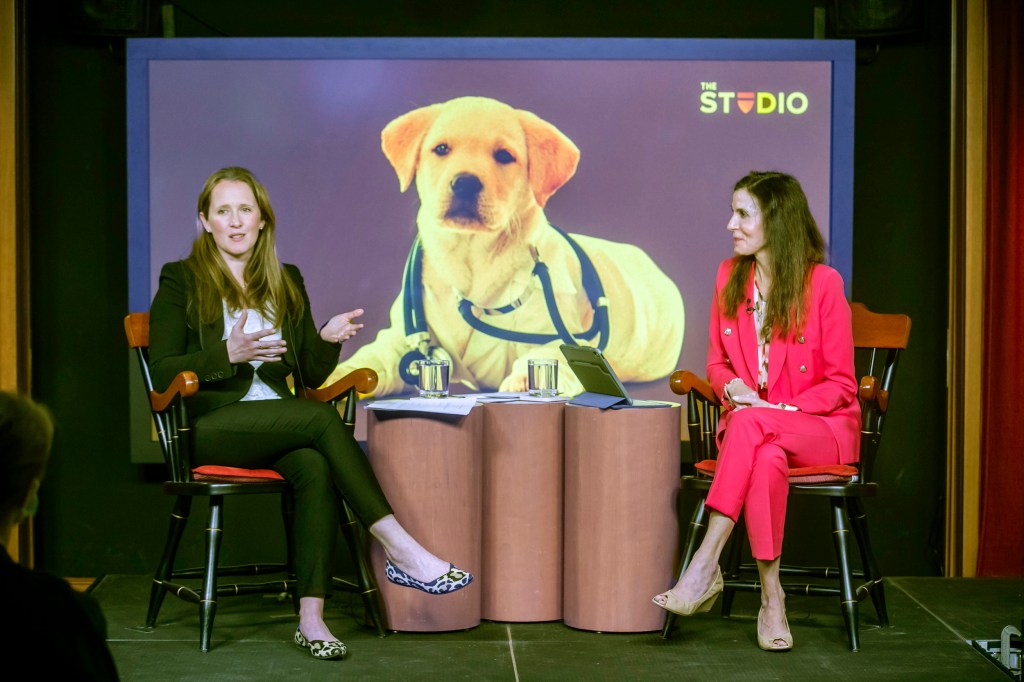
-
Elevated dementia risk even when pollution is below EPA standards
Exposure to fine particulate air pollutants (PM2.5) may increase the risk of developing dementia, according to a new meta-analysis from Harvard T.H. Chan School of Public Health.
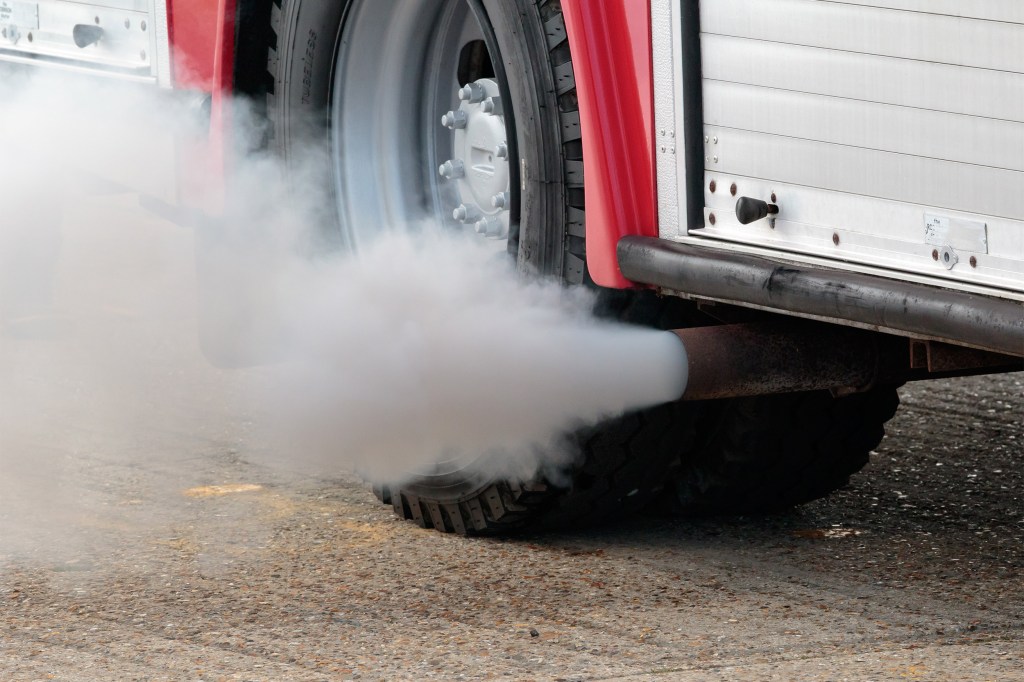
-
New approach to slowing aggressive leukemia
Compounds that degrade proteins and block cell growth developed by Harvard researchers hold promise as a treatment for more types of cancer.
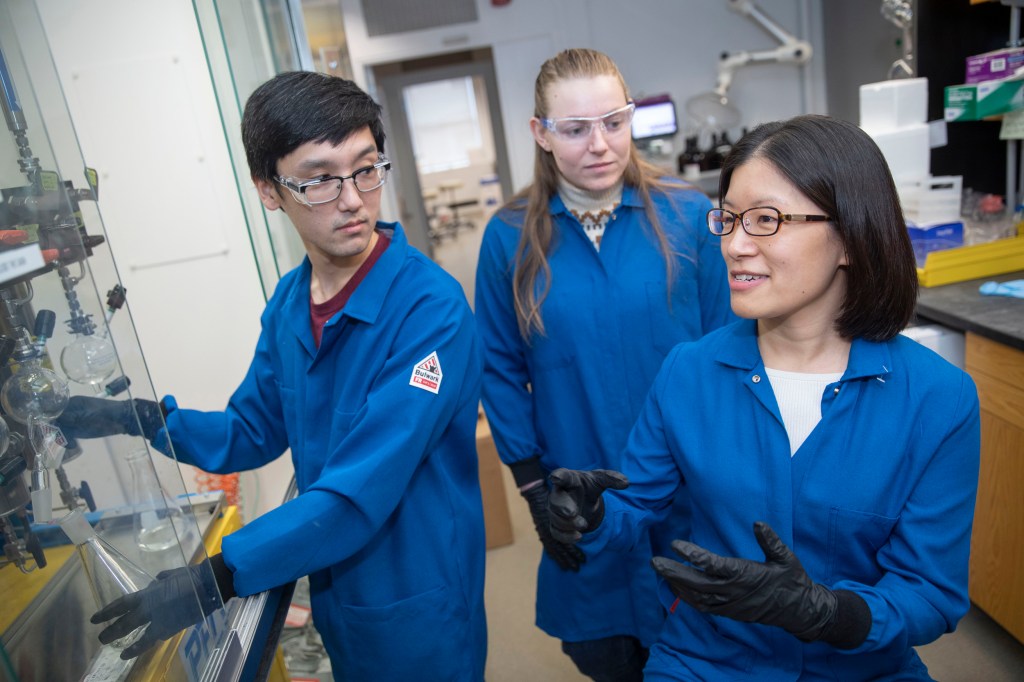
-
Doctors not the only ones feeling burned out
Through a national survey, researchers identified prevalent work overload, burnout, and intent to leave health care professions among nurses, clinical staff, and non-clinical staff, including housekeeping, administrative staff, lab technicians, and food service workers.
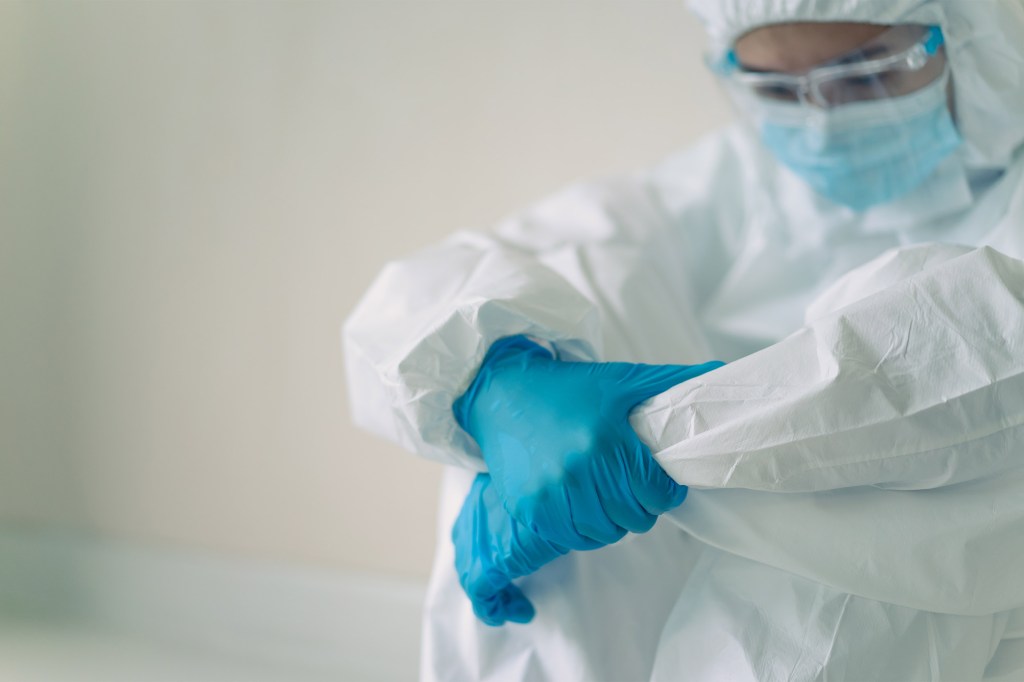
-
How Lucy, Betsey, and Anarcha became foremothers of gynecology
Hutchins exhibit, “A Narrative of Reverence to Our Foremothers in Gynecology,” centers around lives of three enslaved women who underwent unspeakable experiments without anesthesia for J. Marion Sims.

-
Speaking from experience on what makes a global killer
COVID-19 isn’t going away, but one day may be as severe as the common cold, says epidemiologist Larry Brilliant.
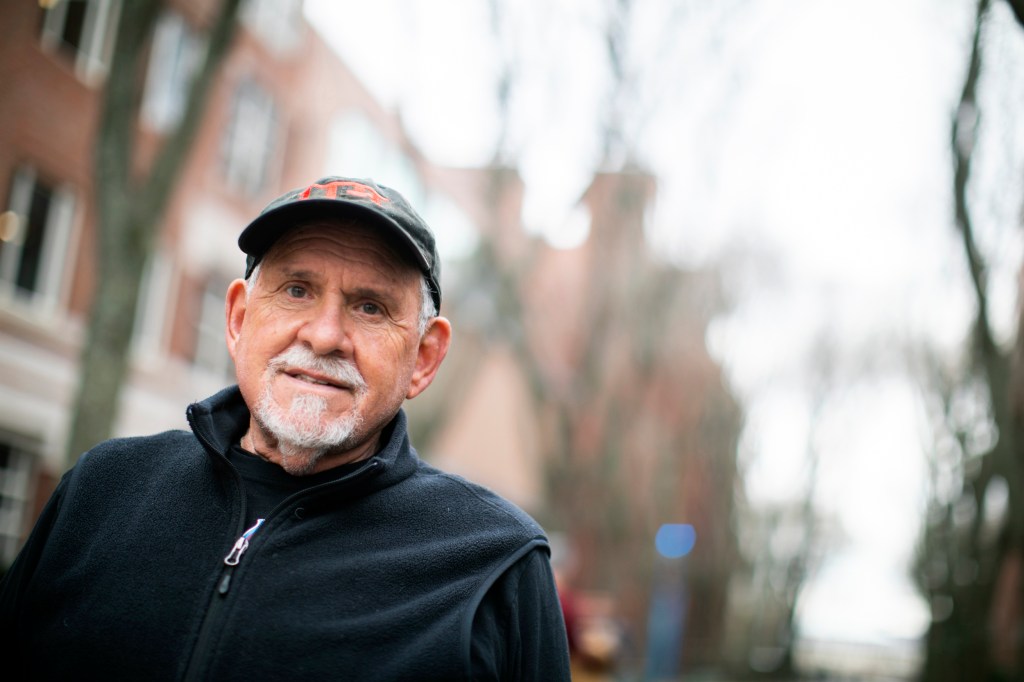
-
New FDA rules may help with prevention, detection of breast cancer
Radiologist explains how new rule on tissue “density” could aid prevention, detection of breast cancer, add to doctor-patient dialogue.
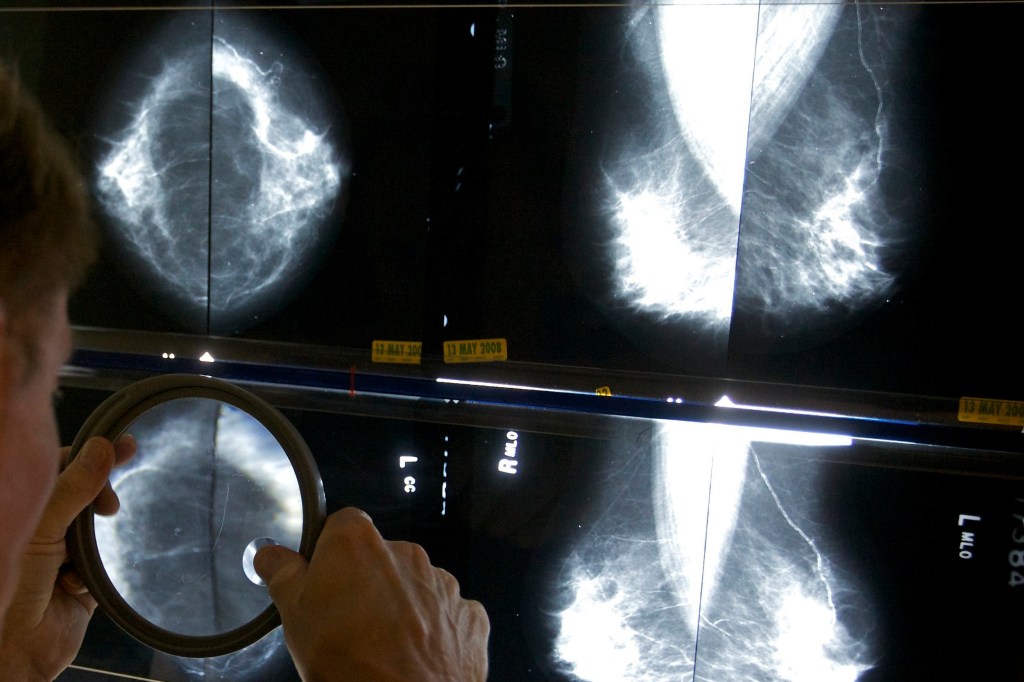
-
Why it’s so hard for doctors to show their human side
ICU clinicians often face a dilemma: compassion or efficiency.


